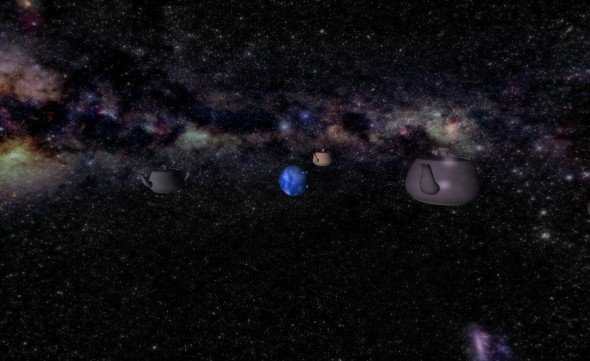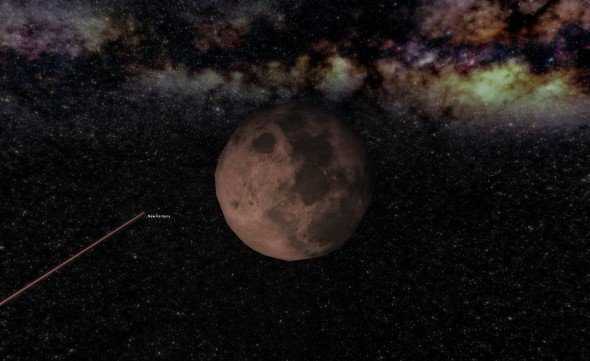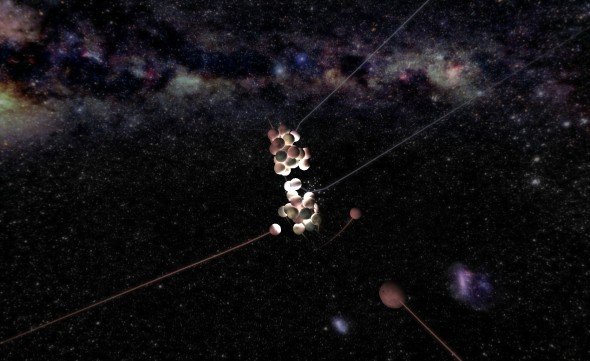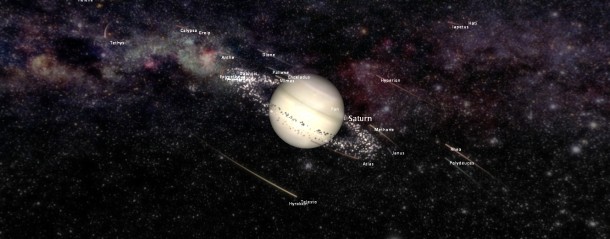Our Verdict
Fun with physics. If youre happy to dig to find your treasures, Universe Sandbox has them in spades.
PC Gamer's got your back
Judging Universe Sandbox as a game seems a little unfair. There are no bosses, no buffs or power-ups, no levelling-up system, and no objective. It's simply a physics sandbox that focuses on doing one thing right: gravity.
The premise is simple. You put rocks in space, set various physical properties such as velocity, mass and density, then watch them whizz about while cackling with glee at your power over the universe. If you get it right, their orbit carves a graceful arc across the empty darkness of space.
What's more fun is getting it wrong. Accidentally making Earth the same size as the Sun and pinging Mercury and Venus out past Uranus, Neptune and the Kuiper belt into the interstellar medium, for example. Or accidently blowing up Jupiter and watching the debris form into a second asteroid belt.

The options you have for destruction are nearly as diverse as the options for construction. You can simply delete a planet, but it's far more fun to explode it into eight chunks. Or 16. Or 237. Or, best of all, shred the planet and leave it as a dusty space cloud.
After loading up a model of our solar system, I methodically turned every single planet to dust, and sped up time so that each second in the real world was ten days in the simulation. Mercury was the first to smear out into a ring, followed by the remains of Venus, Earth and Mars. A few hundred years later, the solar system was little more than a series of concentric rings of dust. Which, if you think about it, is a bit bleak.
Universe Sandbox's most impressive achievement, however, lies in illustrating how the force of gravity affects every tiny little object in all of existence. One scenario has baseballs, dice, golfballs and footballs orbiting a 20cm-wide bowling ball. After a while, they clump together into little groups like baby planets.

That's what elevates this above most other physics simulations: the balance maintained between ensuring that processes are accurately represented and simultaneously ensuring that the sim is accessible enough to pick up and play with. Not every single physical process is perfectly modelled (partly because we don't yet perfectly understand every physical process), but it's accurate enough to answer important questions such as “what's the most efficient way to hurl the Earth into the sun?” The answer, if you were wondering, is to stop it dead in its orbit.
As with most games of this type, you have to be content to make your own fun. Universe Sandbox won't tell you a story, and it's not going to hold your hand beyond a brief tutorial that introduces the interface. After that, you're on your own in the cosmos, albeit with a stack of fansubmitted simulations to play around with. It's far more fun mucking about with those than creating your own universe from scratch.

The camera is a little fiddly at times, but my biggest complaint is that the simulator doesn't come with any sound or music. While I appreciate that's realistic, given the lack of orchestras in the vacuum of space, it would have been nice to have some ambient music quietly twinkling away in the background.
Universe Sandbox isn't going to change your life. It isn't going to make you cry, and it won't sit in the top of your most-played list in Steam for weeks. But if you like the idea of an interactive orrery that you can rip apart and put back together in whatever way you like, and you're happy to feed it with a bit of imagination, it's hard to find a better way to spend £6.
Fun with physics. If youre happy to dig to find your treasures, Universe Sandbox has them in spades.


